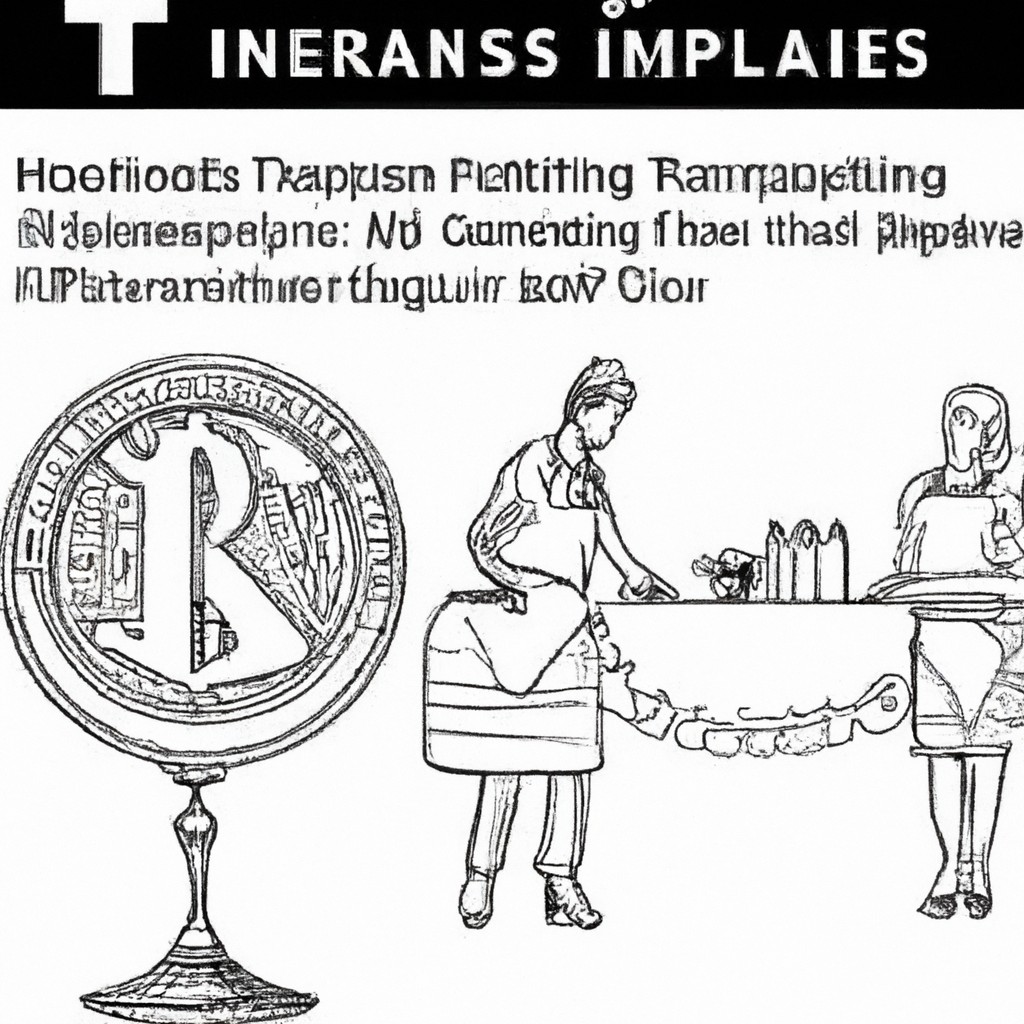The impact of tipping on restaurant servers’ wages

The impact of tipping on restaurant servers' wages has been a topic of debate for years. Tipping, though meant to supplement servers' incomes, can be inconsistent and unreliable. Many servers rely heavily on tips to make a decent wage. However, the amount received can vary widely based on customers' preferences, leading to uncertainty and financial instability. This reliance on tips also creates a power dynamic between servers and customers, with servers often having to rely on kindness and generosity to secure their livelihood. The inconsistent nature of tipping makes it difficult for servers to predict their earnings, creating financial stress and uncertainty in their lives. This debate continues as the hospitality industry recognizes the need for fair wages and better support for servers.
Read more
The cultural differences in tipping practices

In different countries, tipping customs vary significantly, reflecting diverse cultural norms and practices. For instance, in the United States, tipping is an integral part of service industries, with customers expected to leave a gratuity of around 15% to 20% of the bill. However, in Japan, tipping is generally not practiced and can even be seen as insulting. Similarly, in many European countries, a service charge is often included in the bill, eliminating the need for additional tipping. Understanding these cultural differences is crucial to avoid unintended offense and to navigate the complexities of tipping when traveling abroad. Respecting local customs promotes cultural awareness and fosters positive interactions between locals and visitors.
Read more












